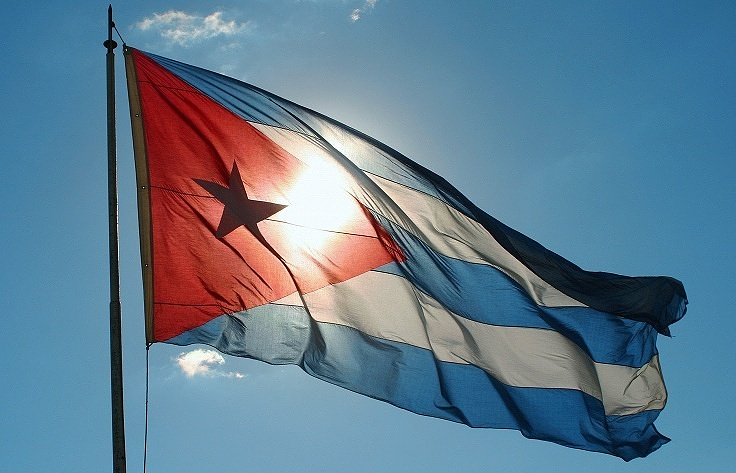Russia has offered Cuba 55 bilateral cooperation projects with a total value of about $4 billion, Russia’s Deputy Minister of Economics Nikolai Podguzov told TASS on Monday.
“Cuba was offered 55 projects to be implemented in 2016-2020, totaling almost $4 bln,” the Russian deputy minister said after a meeting of the working group for trade and economic cooperation and priority projects of the Russian-Cuban Intergovernmental commission for trade and economic, scientific and technical cooperation, which was held in Cuba’s capital of Havana.
Growth drivers
“Given the change in the commodity market climate, we need to find new drivers for economic growth and reduce our dependence on commodities exports,” the Russian deputy minister stated. Taking into consideration “the establishment of a new economic agenda in Russia” he believes that Russian and Cuban economics complement each other.
“We are offering Cuba indispensable industrial equipment, infrastructure development options that can build a good foundation for economic growth on the island state,” Podguzov noted. He added that “these are important projects for the development of Russia’s economy as well.” That is why, in his words, “both sides have been taking a pragmatic approach towards these projects that can help Russian-Cuban relations reach a new level.”
“In the first nine months of the current year, there was significant growth in trade turnover following a clear-cut decline, and the implementation of these priority projects could help strengthen this positive trend,” the deputy minister said.
Priority projects
Podguzov said projects in the energy, railway infrastructure, information technology, aircraft industries are those taking priority, saying that “substantive efforts were being made” concerning their implementation. Meanwhile, all these projects involve exporting Russian goods to Cuba. In particular, the investment company Sinara Group is going to export locomotives and deliveries are likely to begin in 2017. The transport machine-building company, Transmashholding, will export passenger railcars, the energy corporation Inter RAO plans to partake in constructing the Maximo Gomez and East Havana thermal power plants’ power units and also to upgrade the operating power units of Cuban thermal power plants. RusHydro, the hydroelectricity company, is already participating in a tender for the construction of 16 small hydroelectric power stations. The Ivekta company plans to export to Cuba roadbuilding equipment and various vehicles, Rosinformexport has prepared a project on the creation of e-government in Cuba while Uralkhimmash is ready to build a park for the storage of liquefied hydrocarbon gases.
At the meeting of the working group, Cuba also revealed a number of projects that it was ready to implement. First and foremost, these projects concern pharmacology and medicine. Cuba has created some promising medications and seeks to introduce them to the Russian market. In this regard, Russia’s deputy minister of economics promised to organize contacts between the Russian and the Cuban Ministries of Health in order to facilitate the development of cooperation in this sphere.
Key issue
“The key issue for all these projects is securing their financing,” Podguov said. According to him, most often funding is provided through Russian bank loans under the safeguards of Russia’s Agency for Export Credit and Investment Insurance products (EXIAR).
In Podguzov’s opinion, “the options for assurances need to be defined together with EXIAR so that Russian banks can provide loans for purchasing goods and thus clinching these deals.” He also said that “the range of projects that EXIAR will support is rather wide.” Russia’s deputy minister expects that these projects will soon get underway with EXIAR’s help which will improve the situation in selected Cuban industries.
On the whole, Russia’s deputy minister of economics sees many opportunities for exporting Russian industrial goods to Latin America “including various equipment as well as aircraft industry and energy projects.” The deputy minister was confident that the countries of the region “could be potential buyers of Russian goods, but it is important to carefully design the financing schemes for the projects since Russia does not always offer competitive conditions, in the pre-export financing field, in particular.”
